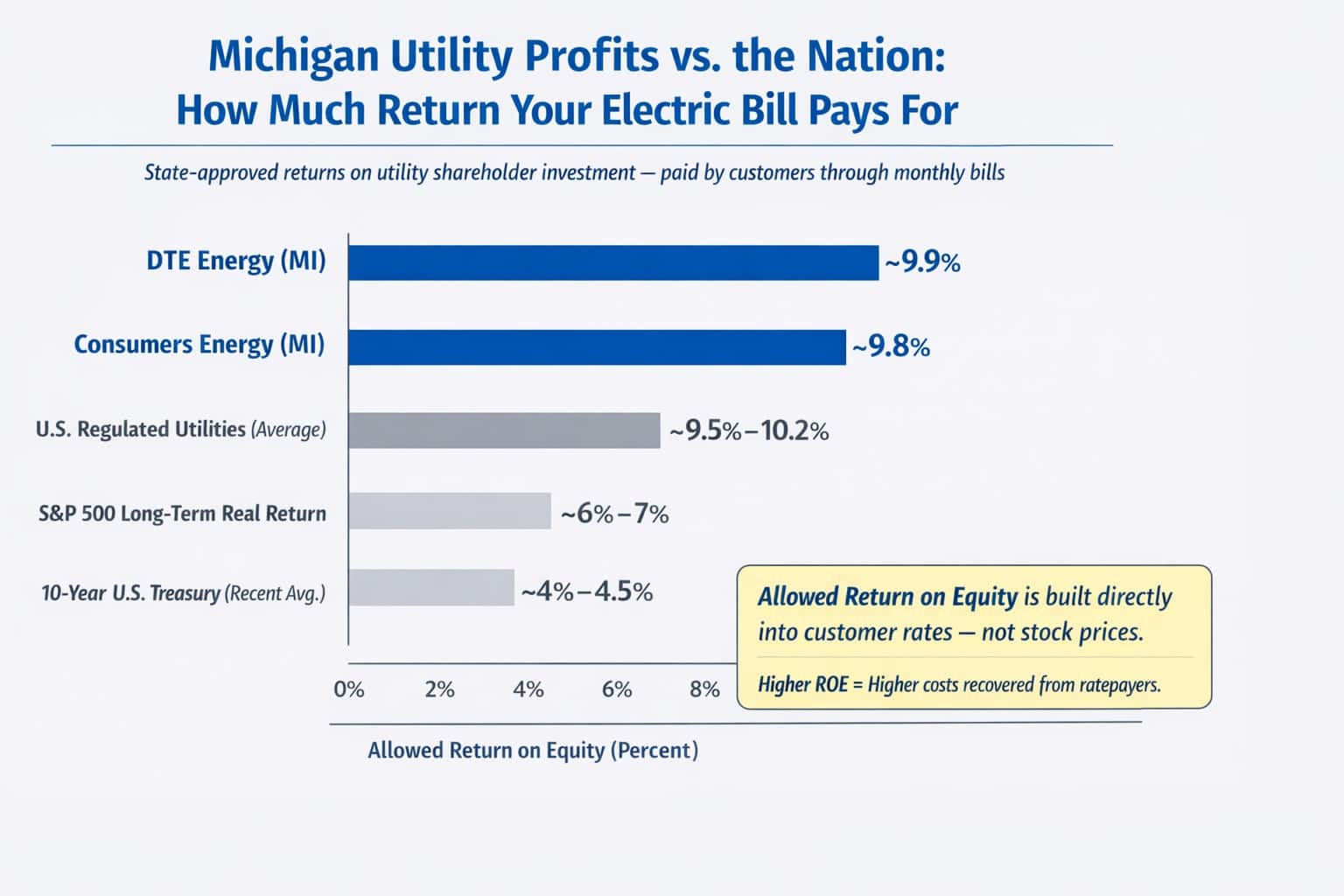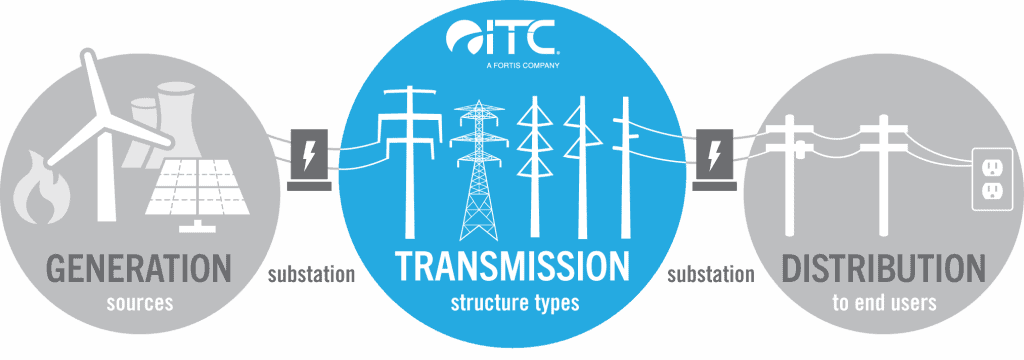WASHINGTON DC – Declining plastic recycling rates coupled with increased plastic pollution on the Earth’s surface and within its oceans spell concern for the planet’s health.
In an effort to combat these trends, researchers at Chalmers University of Technology in Sweden developed a recycling method that replaces all fossil raw materials used in new plastic production with carbon atoms from mixed waste. The technique has the potential to eliminate the climate impact of plastic and may rid the air of excess carbon dioxide.
“While fossil fuel use is the main cause of anthropogenic greenhouse gas (GHG) emissions, and a transition away from the use of such fuels is essential to limit the global temperature increase to 1.5 [degrees celsius], the production and use of materials such as plastics, cement and steel entail significant GHG emissions,” researchers explained in the Journal of Cleaner Production.
They hypothesized carbon atoms in plastic waste serve as an important untapped resource. These existing resources are currently incinerated or find their way to landfills. Thermochemical technologies can target this wasted carbon and use it as a raw material to produce plastics of similar quality to those created with fossil fuels.
According to investigators, enough of these atoms already exist to meet the needs of all global plastic production. The atoms can be harvested from waste with or without food residue.






